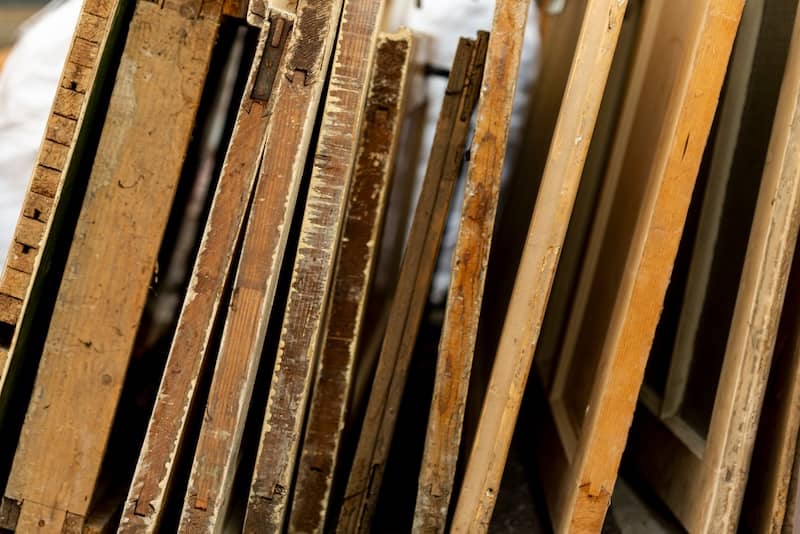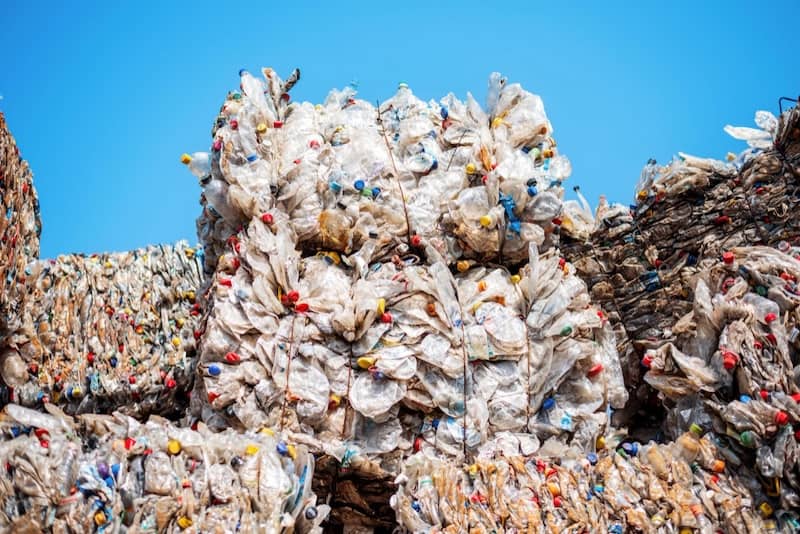A renowned Chinese proverb says, “If you want happiness for an hour, take a nap. If you want happiness for a day, go fishing. If you want happiness for a year, inherit a fortune. If you want happiness for a lifetime, help somebody.”
Every piece of equipment, every ‘tear-here’ plastic packaging, and every part of a car has a measurable lifespan. Some of these goods make a small impact and then nap in landfills for the rest of their long-lived existences. These kinds of products, like grocery bags and candy wrappers, are considered unsustainable. Others are recycled into new goods, donated to community projects, and by helping out, continue to add positive value for their long lives. These kinds of products are considered sustainable.
The tire industry could be considered sustainable or unsustainable. It depends on several factors, like:
- The materials the tires are made from
- How the tires are driven
- Where the tires are discarded
- Whether there are tire recycling facilities available
Let’s look at three stages in a tire’s life and how consumers influence this product’s sustainability.
1. New Tires
The first stage in a tire’s life is when it is brand new and ready to be used. We can make a difference during this stage by choosing tires made from sustainable materials. Natural rubber, biopolymers, and bio-oils are increasingly being used in tire production. Choosing tires made from these materials is the first step to reducing the environmental impact.
Like too many things and people, we only notice tires when they let us down. We are all too familiar with the flat tire on the way out of town for a vacation, the worn-out tread that fails to grip the road, and the screeching and skid marks left around the dirty asphalt jungle.
While it can be hard to forgive tires for these abrupt interruptions, it’s good to know that the more carefully and gently we drive, the longer our tires will remain road-worthy, saving money and the environment.
In the end, however, every tire reaches a point where it is no longer safe to drive.
2. Waste Tires
Once a tire reaches the end of its useful life, it becomes a waste product. Often these tires are called end-of-life tires. As we’ll see, this is a misleading name since end-of-life tires can continue to provide value for decades if they are upcycled or recycled.
Waste tires can have a significant environmental impact if not disposed of properly. For example, carelessly discarded waste tires:
- Float to the tops of landfills
- Leach toxins into waterways and soil
- Break down extremely slowly
- Risk-causing dangerous tire fires
To reduce the impact of used tires, consumers should look for rubber recycling centers in their area or contact local tire shops to inquire about tire recycling options.
3. Recycled Tires
Tire recycling is a crucial part of the tire industry’s sustainability. If all the waste tires make it to a tire recycling plant, then the industry can be considered sustainable. This is because recycled tires contribute to the following:
- Asphalt mixture
- Energy production
- Playgrounds
- Artificial turfs
- Industrial mats
The steel wire is also extracted during the tire recycling process and reused. When tires are recycled, they reduce the amount of waste as well as the amount of raw material needed to create products like playgrounds and turfs.
However, not all areas have tire recycling plants, making it difficult for consumers to dispose of old tires sustainably. Consumers can influence the sustainability of the tire industry by supporting the development of tire recycling facilities in their area.
Start a Tire Recycling Plant
If you’ve ever tossed around the idea of being an entrepreneur, tire recycling is a low-risk, high-reward business idea that might be the perfect fit for you. All you need is three central building blocks.
- A warehouse or processing site – Ideally in the vicinity of tire shops or auto mechanics.
- Waste tire recycling equipment – This includes tire shredders, conveyor belts, and crumb rubber machines.
- A marketable end product – Because of vulcanization, tire rubber cannot be turned back into tires. However, it can be used in a wide range of other products, from rubber mulch to asphalt to plugs.
While the initial investment might seem daunting, quality equipment, like ECO Green’s line, is long-lasting and doesn’t depreciate quickly.
So, there you have it. Are tires a sustainable product? As described, it depends largely on how we, as consumers, choose to use and discard them. Starting a tire shredder business is excellent if you care about making a difference in product sustainability and maybe unlocking the key to a happy life.




